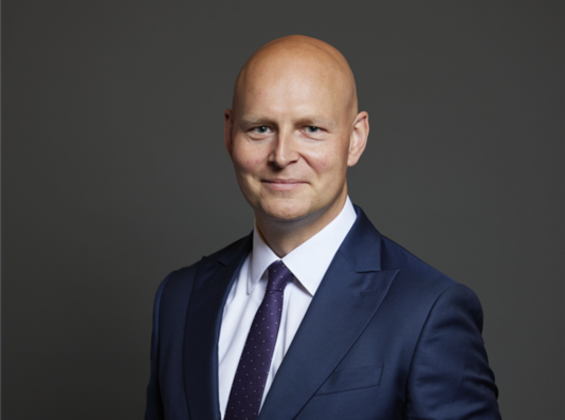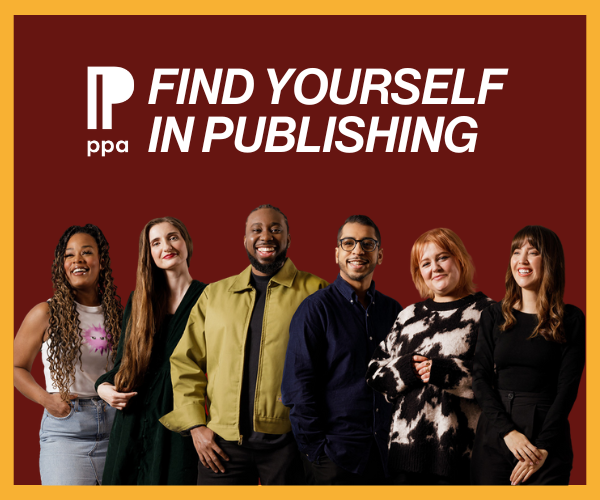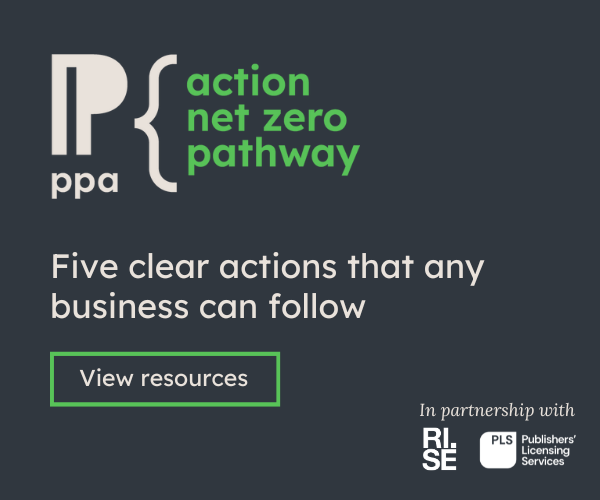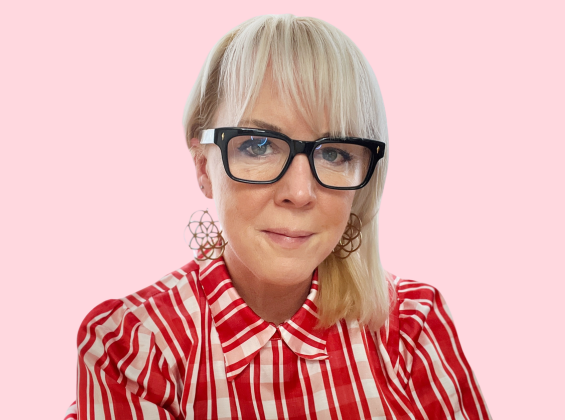What made you want to work in the publishing industry?
I always wanted to be a writer and at university I started doing some stuff on the student newspaper and that pushed me down that career path.
Chart your career from the start to where you are now.
I did History at Bristol University and then did a postgrad in Magazine Journalism at Cardiff. When I was there, BBC Magazines were doing a scholarship scheme where they were offering a scholarship place to somebody on the course who would get a job afterwards at BBC Magazines. I was a runner up so I got a three month internship there. They knew I had an interest in History and so I was put on BBC History magazine. I have been there ever since 2004 and done various job roles until I became Editor 8 years ago.
When and why did you decide a podcast would be a good extension for the BBC History Magazine brand?
We launched it in 2007 and I should qualify that at the time I was still quite junior. The Editor then, Dave Musgrove, had the idea. He has always been very innovative and keen to try out new things and we saw this new medium existed and that it was getting quite a lot of traction. It was the attitude that he and the brand have always had that if there is an opportunity, lets give it a go and see if it works. Right from the start there was clearly an audience for the podcast, so we developed it.
How has the podcast evolved since its launch in 2007?
The basic concept has stayed the same, where we interview historians about a range of different subjects. We have always kept ourselves in the background and put the historians front and centre of each episode. The frequency has changed as we used to do one episode a month but now we do up to five a week.
What additional value does the podcast bring to the BBC History Magazine brand?
In a more tangible sense, it brings us revenue but its value goes a lot further than that. It’s a great marketing tool for us. It brings the brand to people all over the world and it gives us a way to talk to our listeners for hours every week. Our magazine sales went up a lot after the launch of the podcast and although you can’t prove they are connected, I would be surprised if there wasn’t some kind of correlation, especially in terms of our non-UK sales as a lot of our podcast listeners are outside the UK. We can also use podcast content in other ways, running pieces in the magazine or using them for web features.
What are the listener figures?
A standard episode would probably be listened to up to 100,000 times and in a month, we are getting close to about 3 million listens in total, which includes our new episodes and our back catalogue.
Do you think it will become, if it isn’t already, a necessity for a magazine brand to have a podcast?
It depends on if it works for that brand. Doing a podcast is a lot of work and it takes up a lot of time and costs money. A lot of magazines launch podcasts which get very little traction so in that case is it the best use of their time? It may be fair to say that every brand should at least try it because you never know until you launch it whether it will work.
What is it about the History Extra podcast that enables you to cut through the noise of all the podcasts out there?
We had the unfair advantage of launching early so there wasn’t much competition and we were able to build up a strong listenership. Things that help are having a big brand or a celebrity involved as I think you need something that will grab people. It also needs to be something that has an audience that isn’t already overserved, so find a niche where there is more demand than there is supply.
What does it mean to be the PPA Podcast of the Year?
I personally think The PPA Awards are the most important in the industry and I have always wanted us to win one. To win the inaugural podcast one is fantastic because nobody else can say they have won it! There were some really great podcasts up against us and it’s fantastic validation from people who really know the industry and understand the pressures we are under and what we are trying to do.
What’s on your radar?
There are so many people listening to podcasts and we are no longer the only general interest history podcast out there now. Entry barriers to launching a podcast are pretty low as all you need is a microphone, a laptop and an idea. For us, the challenge is keeping our podcast fresh, maintaining our position, make sure what we are doing is high quality and that our listeners keep listening.
What’s your favourite podcast?
Serial. It really transformed podcasting. They had a really good story and had editors, producers and journalists who are at the top of what they do. It was brilliantly scripted, and I haven’t heard a podcast like it since.
What magazine would you stockpile?
Private Eye. It gives you another perspective on society, culture and news in a rigorous way and their journalism is as good as any newspaper.









